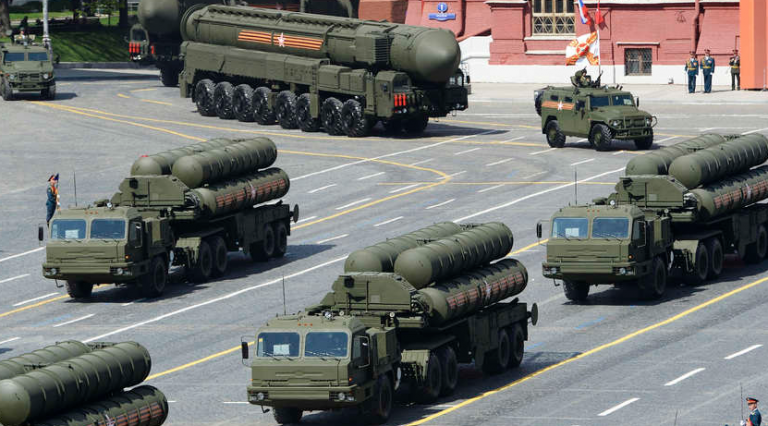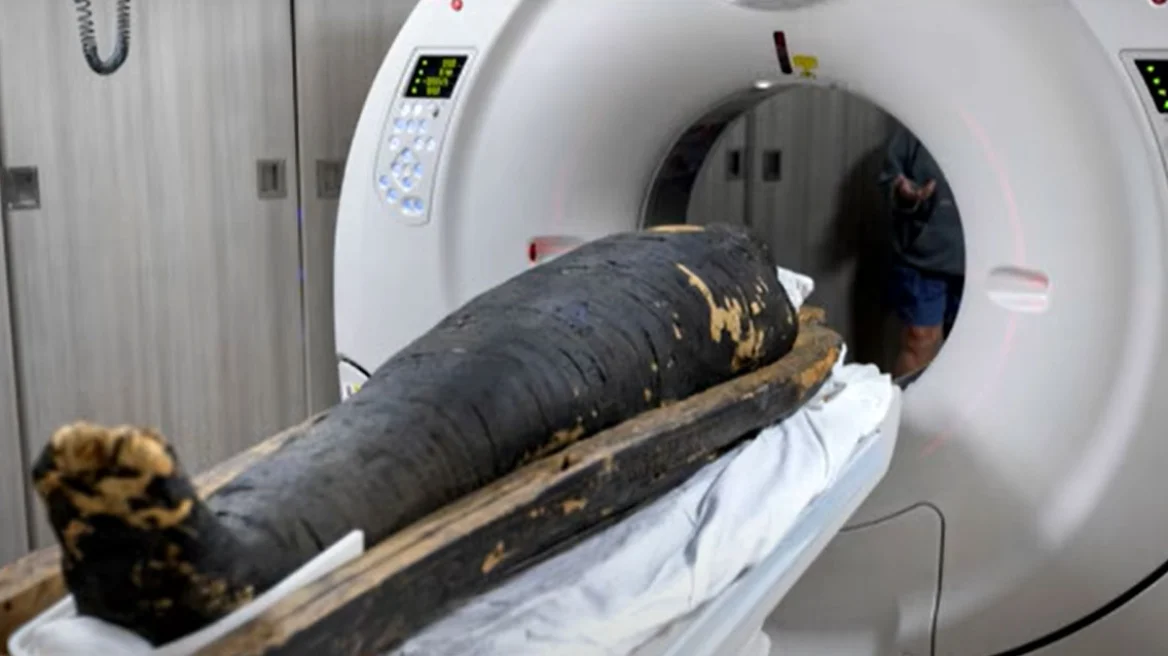President Recep Tayyip Erdogan has vowed that Turkey will receive the first shipment of the S-400 missile defense system from Russia next week. The State Department and Capitol Hill have repeatedly warned Ankara that doing so would trigger mandatory sanctions under a 2017 law. But it’s unclear when exactly the sanctions would hit Ankara, and Washington may be gearing up to delay their implementation as long as possible as it seeks an offramp to salvage the troubled alliance.
Why it matters: While next week’s initial delivery brings Turkey closer to the risk of US sanctions, the Donald Trump administration may believe it has the flexibility to hold off on penalizing its NATO ally until the end of the year. Trump himself ignored a question on whether the United States would sanction Turkey over the purchase, as required by law.
Sen. Lindsey Graham, R-S.C., a key Trump ally on Capitol Hill and member of the Congressional Turkey Caucus, dismissed Erdogan’s subsequent claims that Trump would find a way out of the sanctions, noting that the 2017 law would make that “impossible” should Ankara receive the $2.5 billion missile system. However, he noted that Turkey would not trigger the sanctions until it “activates” the S-400 system — which is unlikely to happen before October.
Aaron Stein, the director of the Foreign Policy Research Institute’s Middle East program, noted that Russia only began training Turkish soldiers to use the S-400 system in May — a process that takes approximately five months. And Turkish Defense Minister Hulusi Akar has insisted since last year that Turkey will not begin installing the system until October.
Read more HERE
Ask me anything
Explore related questions





